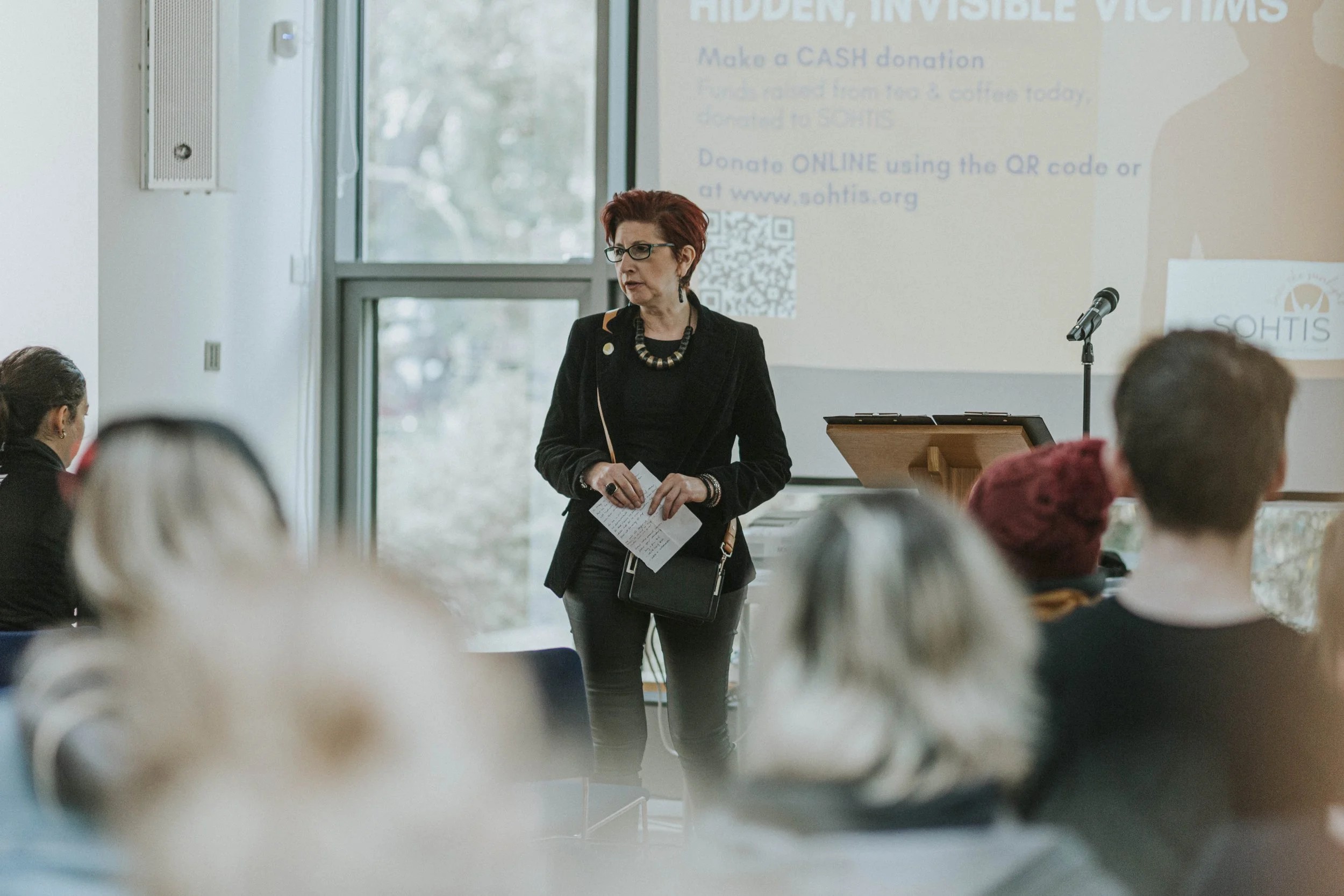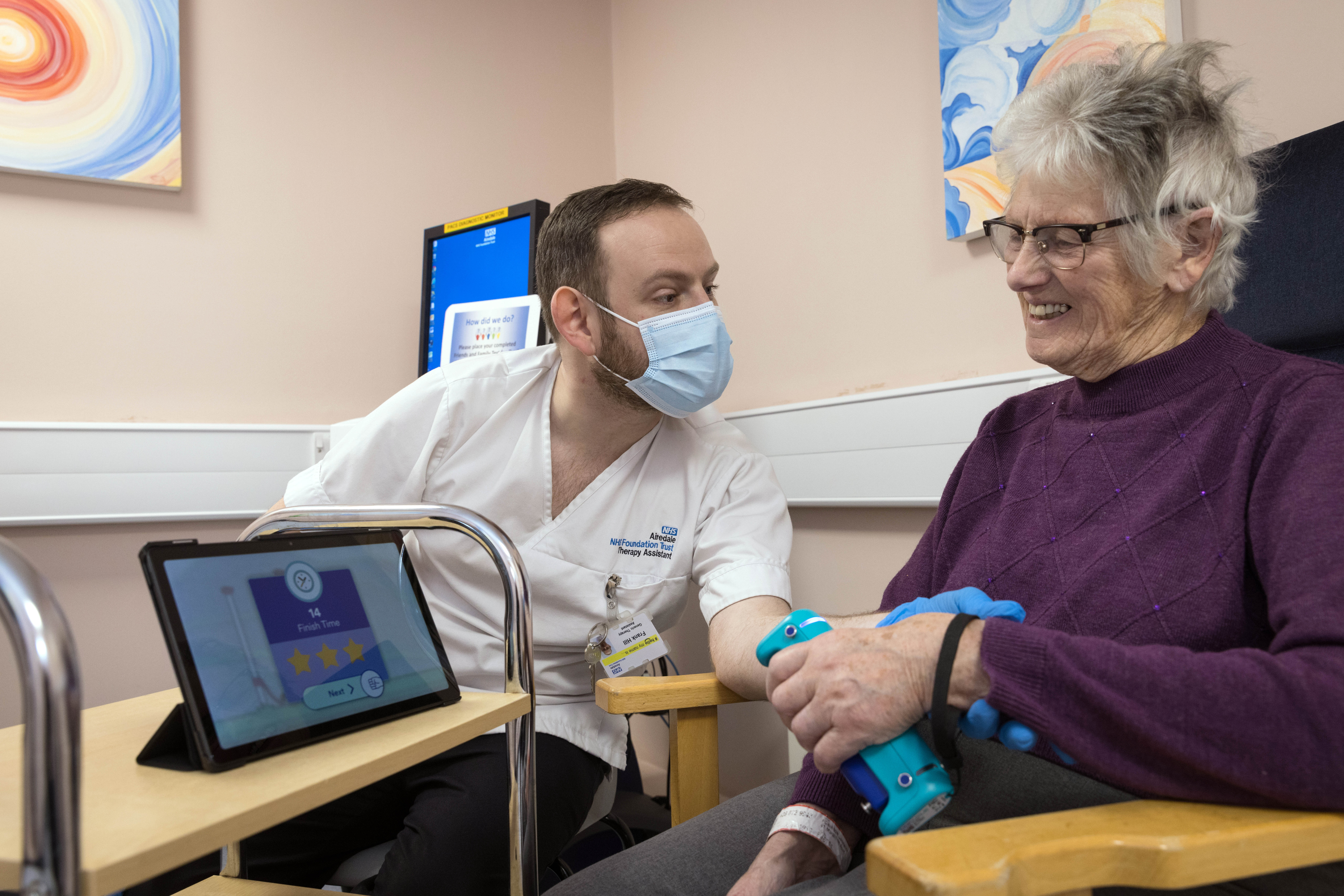The Randal Foundation’s is proud to support Awamu that will enable them to expand urgently needed, girl-friendly sexual and reproductive health services in Kawempe, one of Kampala’s poorest and most densely populated areas. Many adolescent girls here face serious and credible risks to their health and safety every day. When they seek help at public clinics, they are often met with stigma, judgement or refusal of treatment, leaving some with untreated infections, unsupported pregnancies and life-threatening complications.
Alongside support from the CFH Foundation and other partners, this funding will help us directly save lives and significantly improve the wellbeing of thousands of girls. Central to the project is strengthening the public health system by training government health workers in girl-friendly, non-judgemental care. We will equip them to respond to emergencies, offer contraception without discrimination, support survivors of violence and communicate sensitively with young people.
Trained health workers will apply their learning by working alongside Awamu’s specialist team at their drop-in clinics and community outreach sessions. These clinics often provide the first safe, confidential opportunity for girls to receive urgent treatment, accurate information and compassionate care. By increasing the number of skilled, girl-friendly providers in public facilities, more girls will be able to access life-saving support earlier and without fear.
A comprehensive Girl-Friendly SRH Training Manual will be co-created with girls and frontline health workers, then shared across government health.
The Randal Foundation’s is proud to support Awamu that will enable them to expand urgently needed, girl-friendly sexual and reproductive health services in Kawempe, one of Kampala’s poorest and most densely populated areas. Many adolescent girls here face serious and credible risks to their health and safety every day. When they seek help at public clinics, they are often met with stigma, judgement or refusal of treatment, leaving some with untreated infections, unsupported pregnancies and life-threatening complications.
Alongside support from the CFH Foundation and other partners, this funding will help us directly save lives and significantly improve the wellbeing of thousands of girls. Central to the project is strengthening the public health system by training government health workers in girl-friendly, non-judgemental care. We will equip them to respond to emergencies, offer contraception without discrimination, support survivors of violence and communicate sensitively with young people.
Trained health workers will apply their learning by working alongside Awamu’s specialist team at their drop-in clinics and community outreach sessions. These clinics often provide the first safe, confidential opportunity for girls to receive urgent treatment, accurate information and compassionate care. By increasing the number of skilled, girl-friendly providers in public facilities, more girls will be able to access life-saving support earlier and without fear.
A comprehensive Girl-Friendly SRH Training Manual will be co-created with girls and frontline health workers, then shared across government health facilities in Kawempe. Follow-up mentoring and practical support will support trained health workers embed these approaches into their routine practice and strengthen long-term systems change.
In the year ahead, this work will directly save lives and make a meaningful difference to the health, safety and wellbeing of many girls who often have nowhere else to turn. By strengthening public health services, their project will help ensure that girls can access care that protects both their lives and their dignity.
Follow-up mentoring and practical support will support trained health workers embed these approaches into their routine practice and strengthen long-term systems change.
In the year ahead, this work will directly save lives and make a meaningful difference to the health, safety and wellbeing of many girls who often have nowhere else to turn. By strengthening public health services, their project will help ensure that girls can access care that protects both their lives and their dignity.



